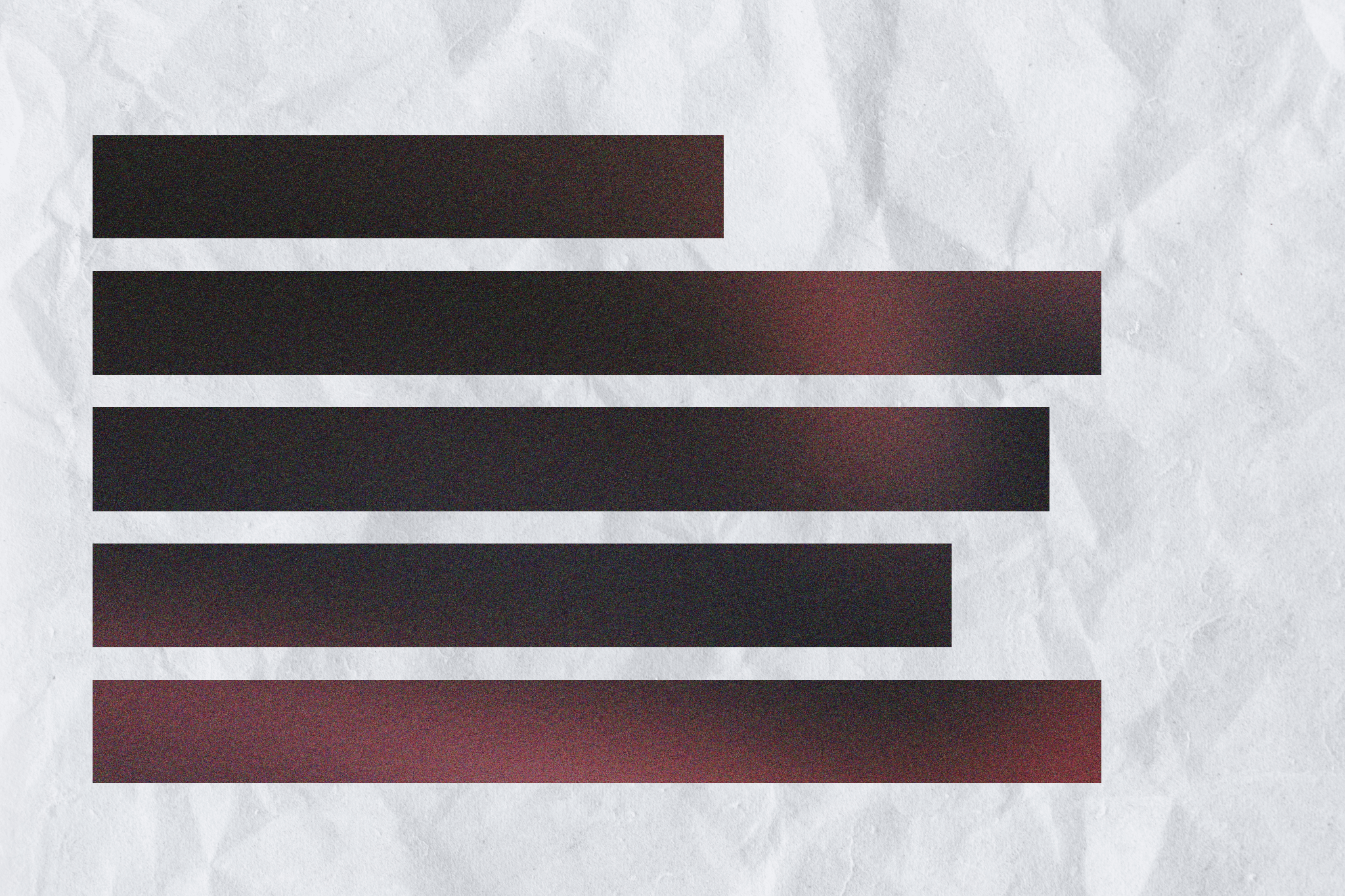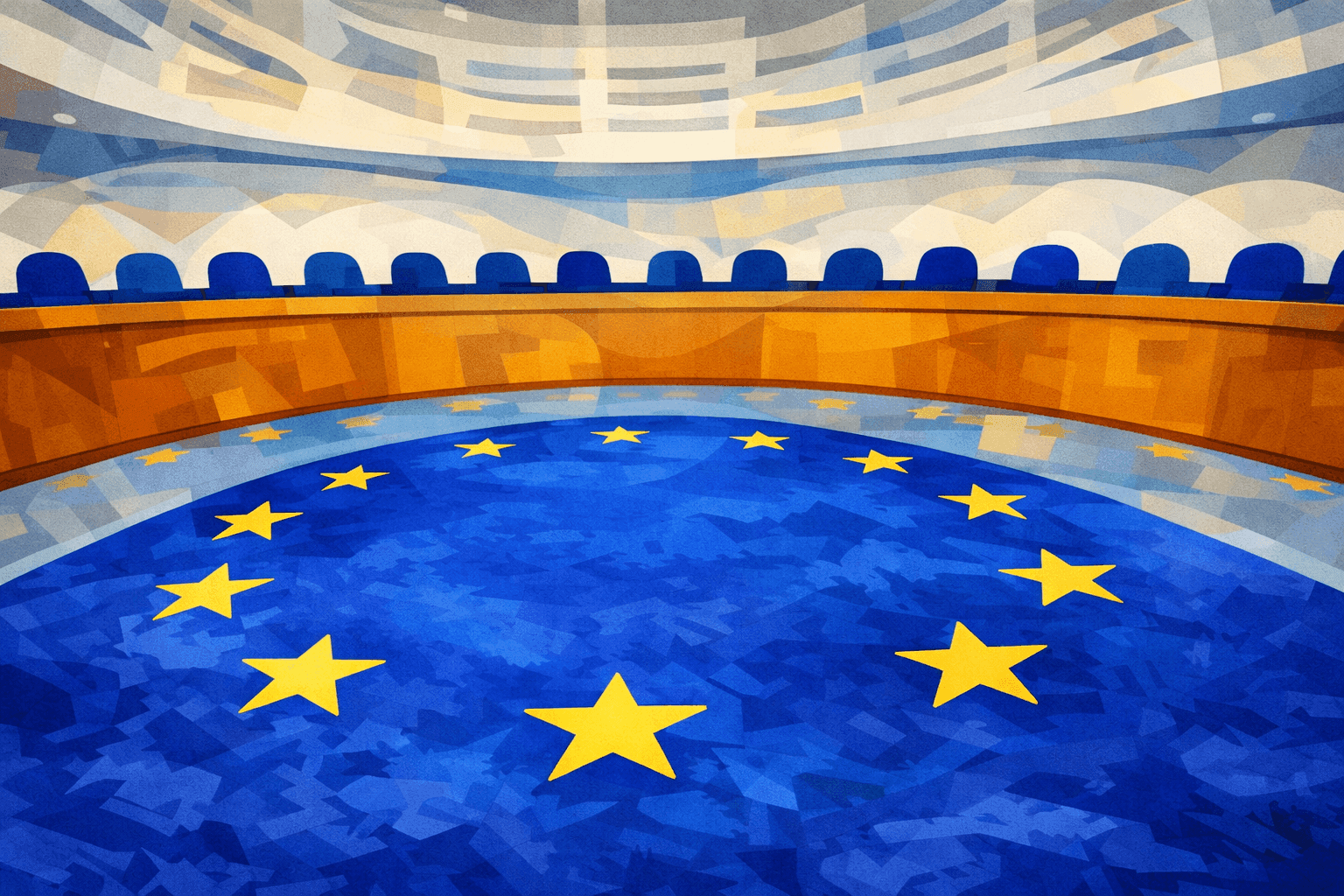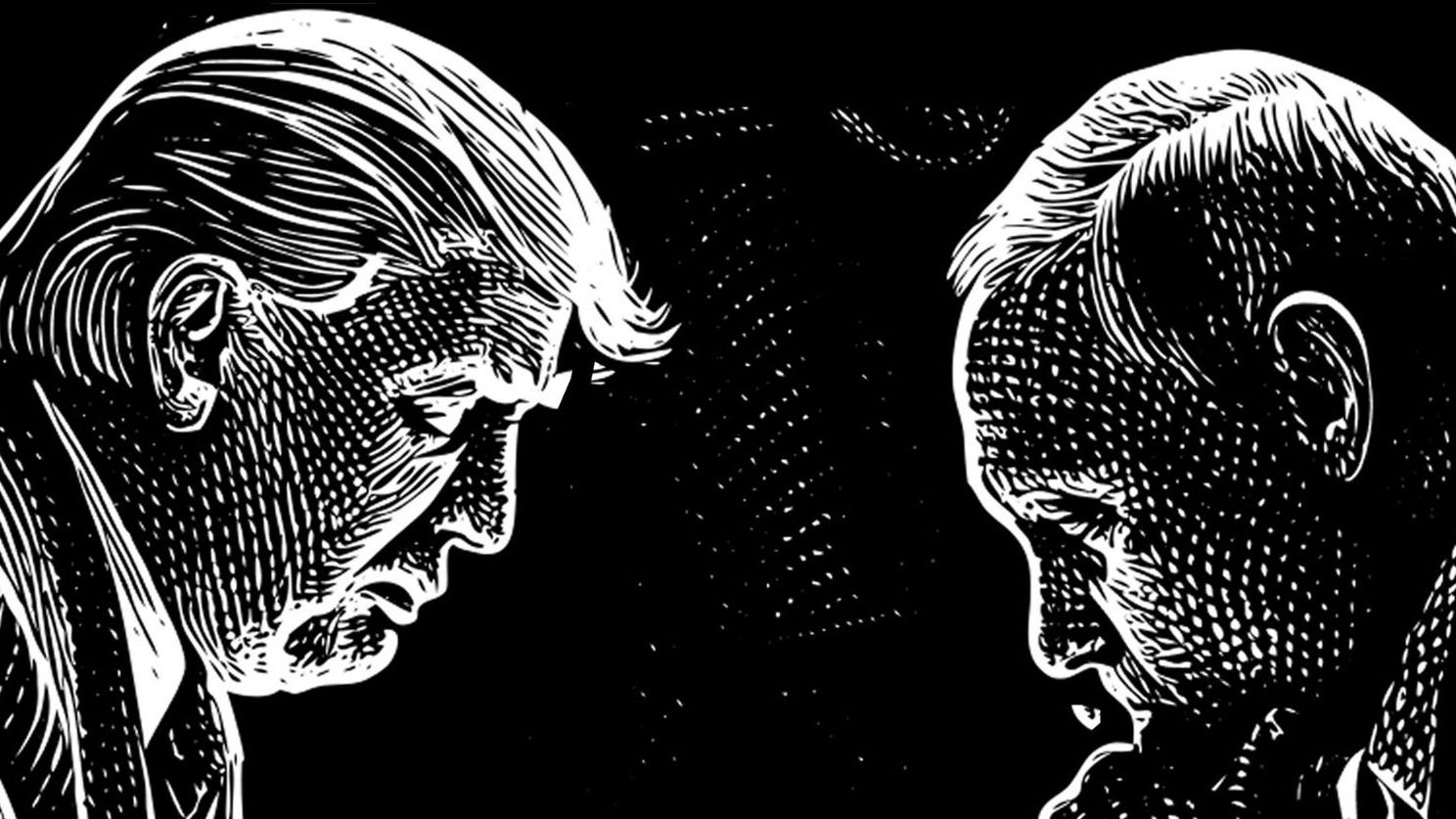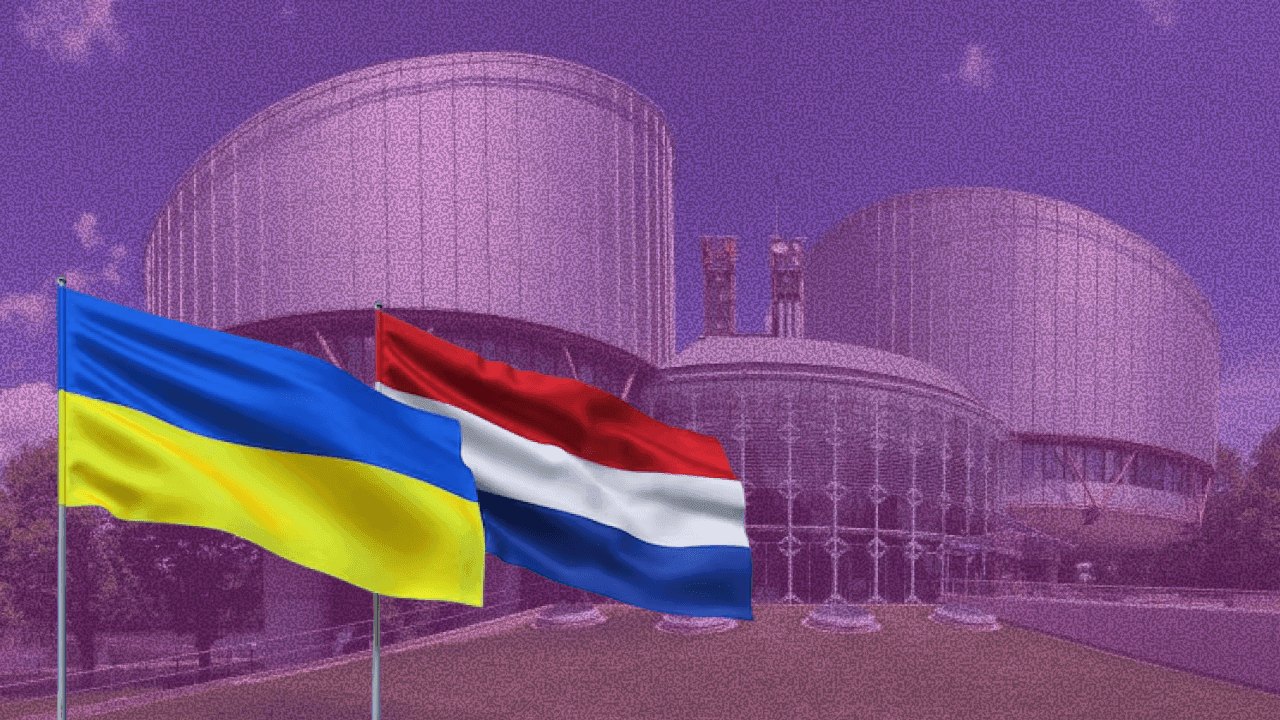This material is available in other languages:
ru
25 Jul 2024
Russia to toughen penalties for ‘Drug Propaganda’: Commentary by Memorial Centre lawyer
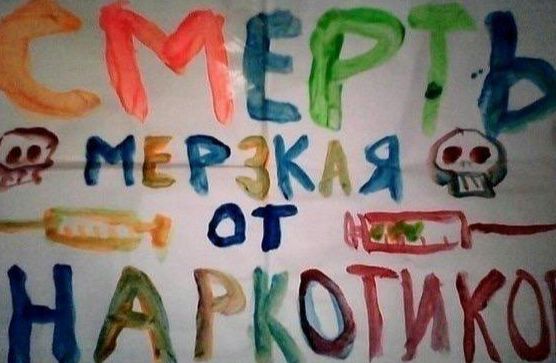
On July 23, 2024, the Russian State Duma passed a set of laws increasing administrative and criminal penalties for so-called drug propaganda. The penalties include administrative fines of up to 1.5 million rubles and imprisonment for up to two years. These changes will take effect on September 1, 2025.
Previously, the law penalised promoting illegal drug trafficking, use, or cultivation of narcotic plants in media and on the internet. The new amendments expand this scope by imposing penalties for distributing artistic works without warnings about the harm of drugs and by significantly detailing the definition of ‘propaganda’, leaving it open to broad interpretation and potential manipulation.
Lawyer's commentary on Criminal Code amendments
The Memorial Center lawyer notes that Russia has long prohibited ‘drug propaganda’ in art, literature, media, and online platforms. Authorities can classify certain content as drug propaganda and ban its distribution. This has been particularly noticeable in the music industry, when courts have banned songs mentioning narcotic substances.
The new amendments do not fundamentally alter this approach but introduce the following changes:
- Mandating warnings about the harm of drugs on distributed artistic works.
- Providing a more detailed definition of ‘drug propaganda.’
- Introducing criminal liability for online drug propaganda if a person has been administratively fined twice within a year.
The law's wording, combined with existing enforcement practices, allows for broad interpretation. This raises risks for NGOs and activists assisting people with drug addiction. For example, sharing harm-reduction strategies — essentially life-saving information — could be deemed ‘drug propaganda.’
The law also poses risks to content creators and content distributors online, including bloggers, authors, musicians, and streaming platforms. Artistic works may mention drugs only under two conditions:
- The mention must be an ‘integral part of the artistic intent, justified by the genre.’
- It must solely address ‘methods of illegal development, production, manufacture, <...> acquisition, use, or consumption of <...> drugs, psychotropic substances, their analogs or precursors’, and/or ‘methods of illegal acquisition, storage, transportation, mailing, or cultivation of drug-containing plants’ — without endorsing the advantages of drug use.
Artistic works made public before August 1, 1990, are exempt from requiring harm-related warnings. However, works containing information about the ‘acceptability, attractiveness, or necessity of illegal drug use or any advantages of illegal drug use’ will be banned, regardless of their creation date.
There is an extremely wide scope for interpretation here. How to evaluate, for example, the following statement of Sherlock Holmes:‘Perhaps you are right, Watson. Drugs are harmful to health. But I have discovered that they remarkably stimulate mental activity and clarify consciousness. So their side effects can be disregarded.’
Would this be considered ‘information about the advantages of drugs’? If so, no warning label could suffice, and ‘The Sign of the Four’ would need to be banned.
If such debates arise over Arthur Conan Doyle's works, they will undoubtedly multiply and put modern rap songs, big music streaming platforms and individual users posting such tracks at risk. Additionally, the law could be applied selectively, targeting specific individuals or groups, particularly civil activists.
